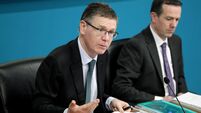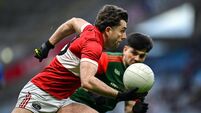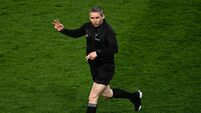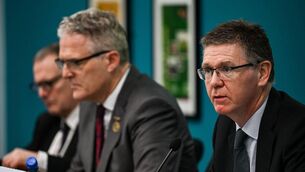Cork and Kilkenny thrive in adversity
It’s less than 10 weeks since the thrilling exploits of Waterford and Wexford as they put Cork and Kilkenny to the sword. Since then, the venerable hurling blue-bloods have licked their wounds and benefited from the soothing balm of the qualifier route.
In both cases, it was the bitter taste of defeat that fuelled their comebacks and it’s a fear of failure that still drives them on as Sunday week’s decider approaches.











